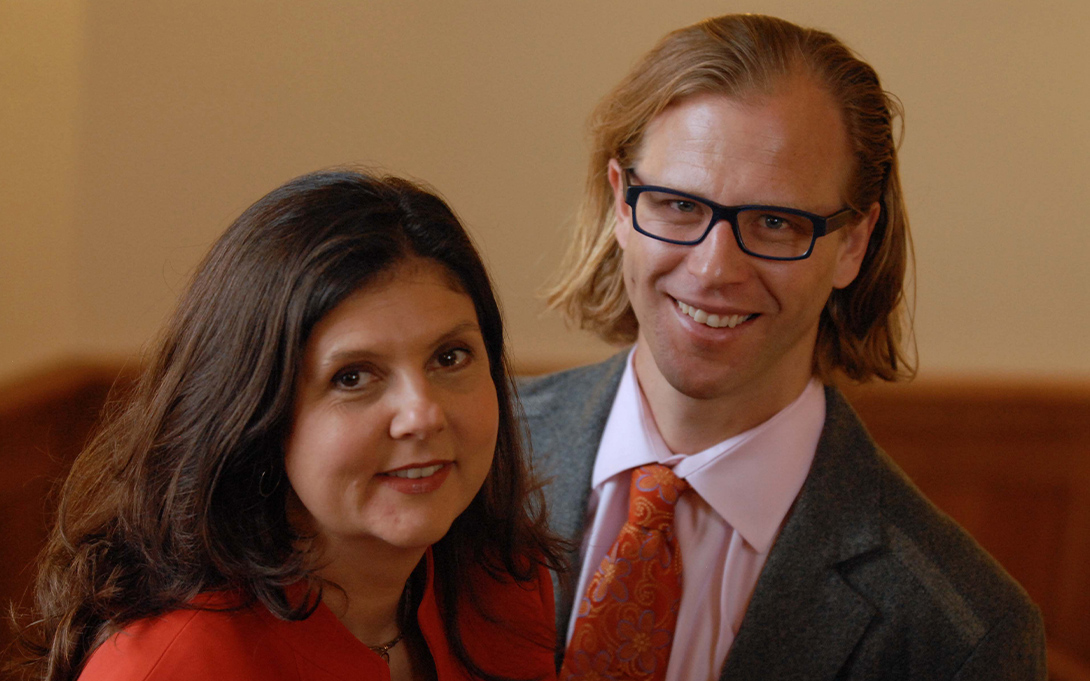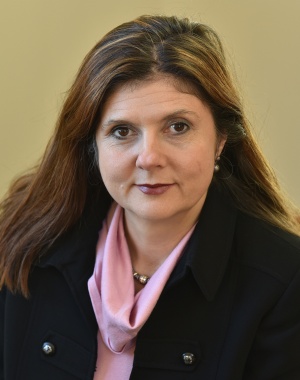
On July 2nd, the Labor Department reported that 4.8 million jobs had been added, and unemployment stood at 11% - still higher than it was at the peak of the Great Recession in 2008 — with 17.8 million Americans still out of work. Ford School economists Betsey Stevenson and Justin Wolfers were quoted extensively in the press trying to parse how those numbers reflected the real economy.
Here are some of their comments:
"Of course we want to celebrate the good news that millions of workers are being recalled," Justin Wolfers, tweeted. "But as we look ahead, the question is what sort of economy we'll be left with when the mechanics of reopening no longer boost monthly job gains."
"You cannot interpret this jobs report without thinking about the virus situation on June 12, the reference week of the survey. Cases were coming down, people were beginning to feel optimistic. That's not where we are now, we now face new closures and increasing fear," Betsey Stevenson, the former chief economist at the Department of Labor, tweeted.
“The virus drives the economics,” said Betsey Stevenson. If cases continue to rise as health officials warn, she said, “we’re not going to have people going back to work. In fact, we’re going to see more people staying home.”
"We could have an entire generation of women who are hurt." Some women "may spend a significant amount of time out of the workforce," Stevenson said, implying a difficult return, "or their careers could just peter out in terms of promotions."
Stevenson: I think what we're going to see is a generation of women who really had to slow things down over this year because of their caregiving needs to their children, to their elderly parents. That's going to give them long run labor market pain. I do think you know a silver lining coming out of this is hopefully a greater recognition across the political spectrum that childcare is not a women's issue. It's not a family issue. It's an economic issue.
“It’s amazing to me how many people are worried that Americans won’t go back to work because unemployment pays too darn much,” said Betsey Stevenson, a University of Michigan economics professor. “I’m way more worried about people not going back to work because they have no child care.”
Justin Wolfers, a professor of economics and public policy at the University of Michigan, said the numbers confirmed that the economy is in “slightly less” of a “dreadful economic hole.”
“You just look out the window and you know things are grim,” he said. “The first, second and third most important things for the economy right now are the progress of the disease.”

